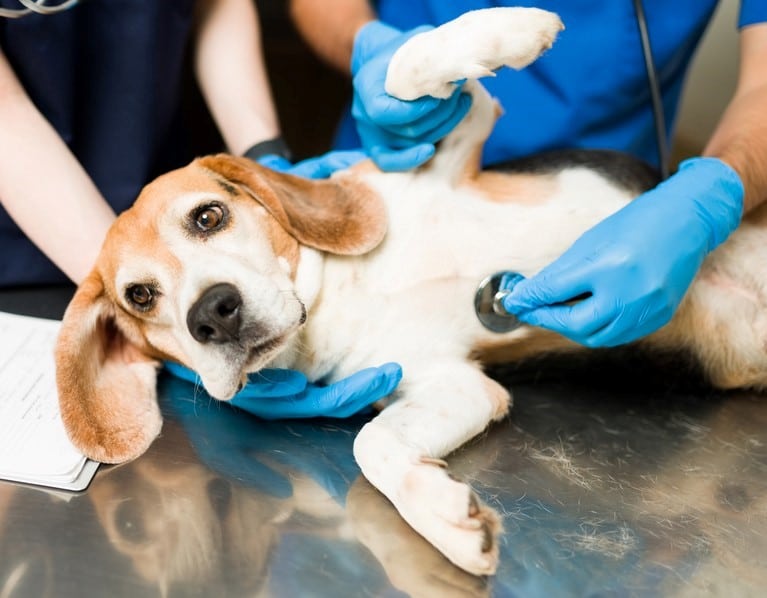
National Animal Poison Prevention Week
The third week in March marks National Poison Prevention Week! As pet owners it is important we have the knowledge of common toxins along with preventative care to try to ensure our pets do not accidentally consume them. To celebrate Poison Prevention Week, we are going to outline some common household toxins pets consume along with easy preventative measures we can take at home.
Common toxins:
• Plants – Some of the most dangerous plants for our pets can include lily flowers, oleander and sago palms. Please make sure to check for potential toxicity of plants in your home or yard if your pet has access.
• Food – Common toxic foods include: chocolate, coffee, alcohol, grapes/raisins, sweets containing xylitol, macadamia nuts, raw yeasted dough and more.
• Human Drugs – Although some human drugs may also be used in the veterinary field, many can be toxic. Common toxins include acetaminophen or NSAIDS in our pets.
• Cleaners and Fertilizers – Ingested chemicals or fertilizers may cause vomiting, diarrhea, ulceration, and more. A common toxin is bleach.
• Rat Bait – If using rat bait, we need to be very careful that pets cannot access them. Some rat baits may cause bleeding disorders or neurological symptoms in pets if consumed.
“Pet-Proof” Your Home:
- Make sure things like medications, chemicals/cleaners and food are located in higher, harder-to-reach places that a pet cannot access.
- Ensure that all garbage cans have secure tops or even latches.
- Consider having a baby gate to keep the pet in areas of the home that are deemed “safe”.
If you believe your pet consumed a toxic substance please call your nearest veterinarian and/or the 24-hour Poison Control Hotline ((888) 426-4435). The ASPCA website also has a search feature where you can read about toxins in pets and possible symptoms. By being equipped with knowledge of common toxins we can try to prevent accidental exposure in our pets.
Cynthia Rogers, DVM